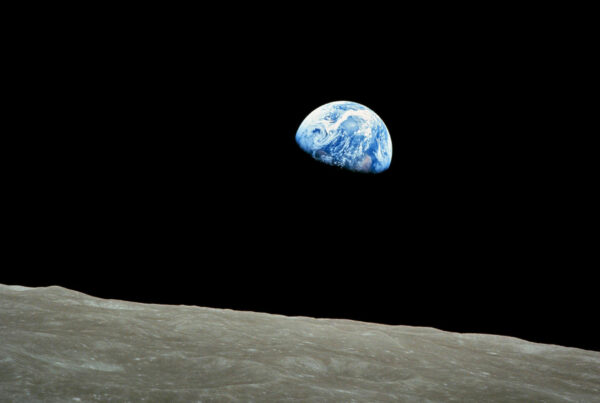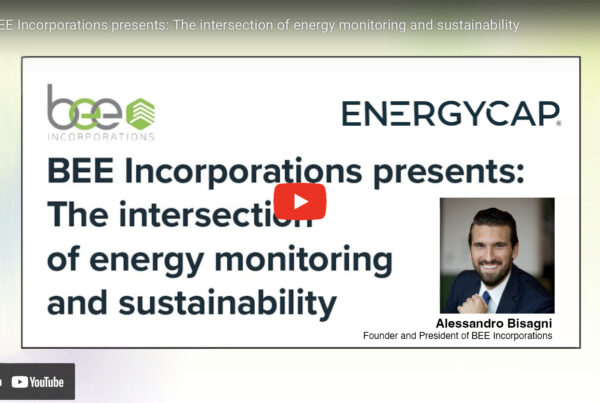We’ve been celebrating Earth Day for forty-three years now since its launch in 1970, and yet despite everyone’s efforts, the threat of climate change still looms on us. Does that mean the world’s combined efforts haven’t been enough? Maybe not, maybe yes.
While it’s good to know that there’s one special day where we all suddenly become aware of our responsibility to the planet, we also have to ask ourselves What about the next day? And the next? And the day after that? And, come to think of it, all the other days of the year? Surely, it can’t be just one day which we dedicate to the planet. And yet, the simple unfortunate truth is, yes, it’s just one day.
This is the day when film showings of the Planet Earth series are held, or rock concerts, or marathons, or protests rallies, or (for companies wishing to push their CSR agenda) tree planting activities, and for the kids at the mall some fun activity that will distract them for the next hour or so. These are all well-meaning of course—encouraging not just awareness about the Earth but also solidarity in everyone. But what happens after the event in question?
We can only hope these people who so enthusiastically celebrated Earth Day remembers to bring their own shopping bags from now on, refrain from buying bottled water or canned drinks, print on both sides of the paper, bike to work, etc.
It’s as if we only celebrate Earth Day because the event is celebratory and enjoyable and requires only little effort, which we would be sharing with everyone anyway. How about our day-to-day life where there’s no “fun” event, and it’s only us ourselves?
This makes Earth Hour—which the whole world celebrated just last March by turning all the lights off for one hour—seem even more pointless. As Bjørn Lomborg pointed out last Month in Slate,
“Notice that you have not been asked to switch off anything really inconvenient, like your heating or air-conditioning, television, computer, mobile phone, or any of the myriad technologies that depend on affordable, plentiful energy electricity and make modern life possible. If switching off the lights for one hour per year really were beneficial, why would we not do it for the other 8,759?”
Additionally, he argues that when all those lights turn back on, the surge from firing up all those gas stations to bring back energy naturally offsets whatever good that came out of Earth Hour.
Whatever eco-friendly gesture we did on Earth Day —whether it’s choosing fair trade coffee or bringing reusable lunch containers or turning off the lights when we leave the room—quickly gets defeated by all those carbon-spewing power plants in the world. After Earth Day, or Earth Hour, or Earth Week, life goes on for all of us—along with its conveniences and luxury and excesses.
That doesn’t mean of course that we shouldn’t bother anymore. Every little thing counts. The point is: Let’s celebrate Earth Day the lasting way. Let’s make a definite change in our ways and make it last beyond just one day.










